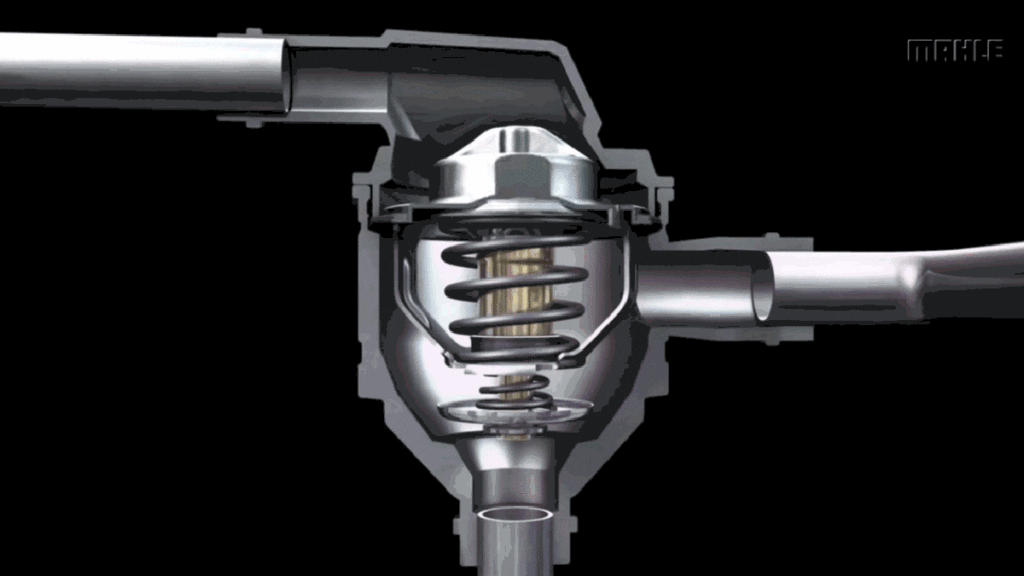Here's How The Thermostat In Your Old Car Works

The engine cooling system in my 1997 BMW 318ti is on the fritz. I have yet to diagnose it properly, but I know the problem is somewhere along the lines (literally) that carry coolant to the engine and help the 1.9-liter inline-4 cool off. That’s been important in these dog days of summer, which persist in Texas even though we’re nearing the autumn. In my forum search to glean information, I’ve come across a lot of good stuff, as well as an old video that describes just how the thermostat in my car works in a way even I can understand.
Jalopnik Checks Out The 2023 Ojibwe Forests Rally
The 318ti is almost at 210,000 miles, but the little hatch hasn’t exactly gone through thousands of hassle-free miles since we last checked in. I’m at the outset of a mild cooling system refresh — new lines, new water pump, new plastics, new thermostat, and a coolant flush — and I was reading up on my favorite forum, when I came across this video from Mahle, which explains how a an outlet standard thermostat works:
MAHLE Thermostats – How do they work? | Perfect Performance & Long Life for Combustion Engine
By the way, there’s also a video with narration that explains what’s going on. And there’s a video that explains how modern map controlled t-stats work. The narrated video taught me that the correct way to say Mahle is apparently maw-lah. Whoa.
Anyway, the contents of the video are just as interesting: There’s wax that melts and solidifies inside of a brass cylinder in the “t-stat” assembly, which operates based on engine temperature, impeding or allowing the flow of coolant by using the heating and expanding wax to open or close the valve. I just love how simple the process is, yet it remains effective.
I doubt that the fix to my car is the t-stat alone, but the rest of the components along the chain are likely due for replacement at this point. The E36 has infamously fickle cooling systems. The fan remains my prime suspect; perhaps the resistor has gone.
What’s happening in my 318ti is the radiator fan appears to not turn on at all. Neither the high nor low stage work, which led me to replace both relays just to be on the safe side. The low stage relay is notorious for quietly breaking, causing the fan to spin only when engine load increases, say, when you turn on the A/C in the car. But I suspected the high stage had finally gone, too, because in the past, whenever I noticed the temperature needle tick right (indicating higher temps) all I had to do was turn on my A/C and the fan would kick on. That stopped working, leaving me without a fan in the middle of summer.
So, I wired the fan directly to my battery to get my car to the shop. Weeks later, I was still precariously wiring the fan directly the battery in order to force it on like some barbarian. But as any owner of an ancient shit box can attest, there are levels of annoyance, and sometimes we put up with ad hoc repairs and shitty workarounds until something disastrous happens. For now, I’ll stick to driving only at dusk and dawn, when the ambient temperature is no longer set to bake.



